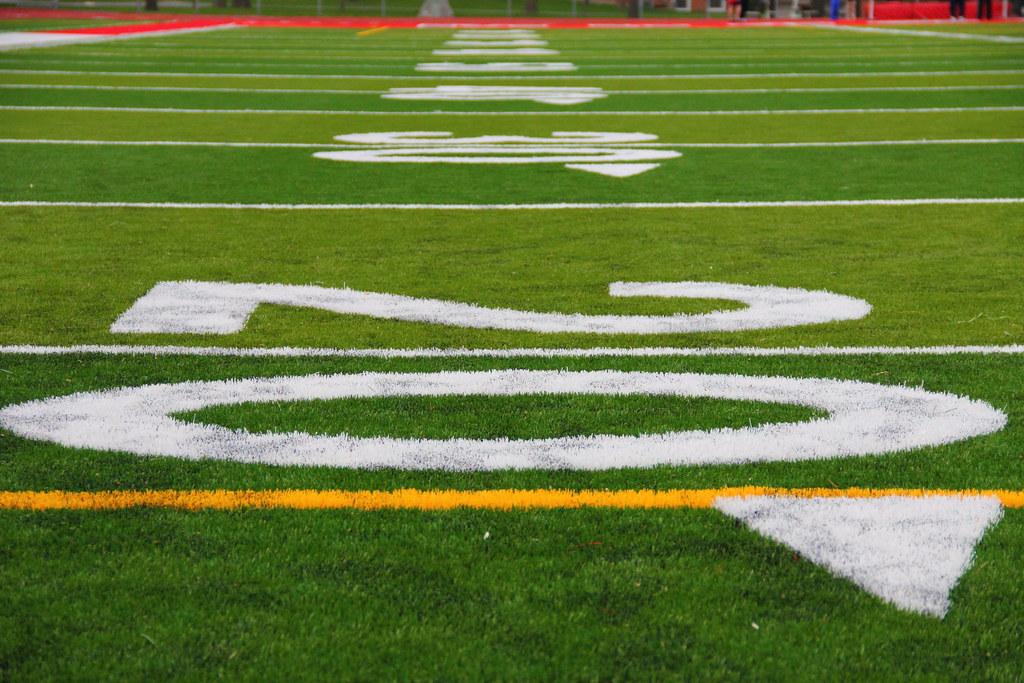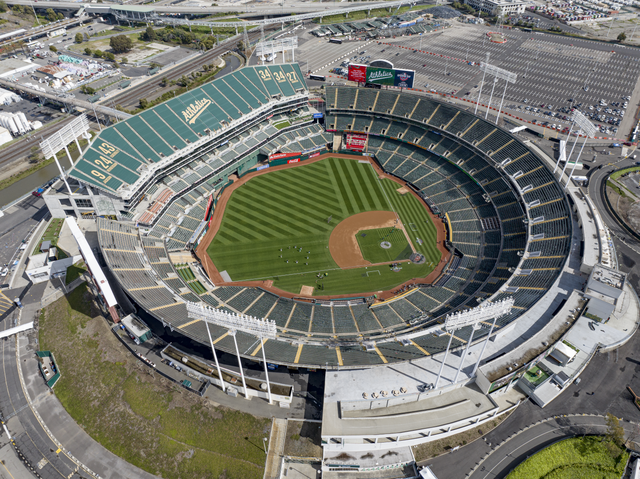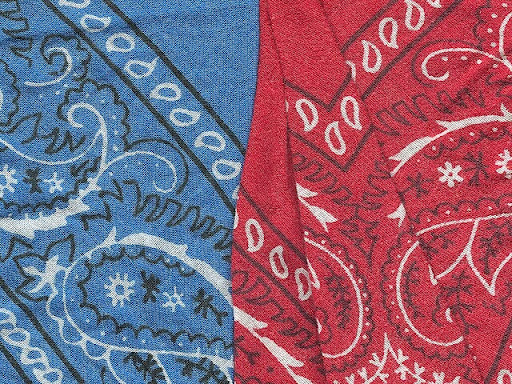Is it worth it? That’s the question everyone is asking Miami Dolphins quarterback, Tua Tagovailoa, after he suffered his fourth concussion in five years on Sept. 12.
The 2020 No.1 overall draft pick had a record setting career under Coach Nick Saban at the University of Alabama, including but not limited to, a national championship MVP and the most career touchdowns in all of CFB. Discussion around Tagovailoa’s health first sparked in 2022 after he endured head trauma in back-to-back games. The second concussion in 2022 resulted in an ultimately terrifying image of Tagovailoa in a fencing response — when arms and fingers flex due to brain stem trauma — that led the NFL to reform their concussion protocol. The quarterback missed the remainder of the 2022 season, but made the decision to return in 2023, where he led the Dolphins to a .500 record.
The Sept. 12 concussion again left Tagovailoa in a fencing response, and this time, the entire NFL community has something to say. Fans, players, coaches and other staff have called for an immediate retirement for Tagovailoa, while others argue a few weeks off will be enough for him to heal. This discourse comes at a pivotal point in discoveries around Chronic Traumatic Encephalopathy (CTE), a brain disorder caused by repeated head trauma. One study revealed that 91.7% of the 376 former NFL players tested were diagnosed with CTE (Boston University, 2023). Another BU study revealed that 99% of the 111 deceased NFL players whose brains were examined were found to have CTE (2023). CTE can lead to cognition problems, mood instability and other long term brain issues (Boston University, 2023).
Following new CTE revelations, players in the 2024 season have the option of playing games with guardian caps for the first time. These provide an extra layer of padding to the outside of helmets, aimed to further protect players from head trauma and lessen the long term dangers of CTE. Caps worn by players in preseason practices were shown to have reduced concussions by up to 50% (USA TODAY). Six players have already taken the extra step to protect their brains (2024), and it would not be surprising to see that number grow, especially in light of Tagovailoa’s story.
So, the question remains: what will Tagovailoa do? Immediately following the injury, the Dolphin’s head coach, Mike McDaniel, pleaded that “bringing up his future is not in the best interest of him” in a statement given to ESPN. Tagovailoa is said to be recovering well and has “no plans to retire” as he works with neurologists to strategize his future (nfl.com). While the decision is ultimately up to him, pressure from outside voices comes at the concern of what a fifth concussion could mean to his health, longevity and mental cognition. A decision that is so deeply personal while also very public no doubt puts Tagovailoa in a difficult spot. McDaniel’s newest comment sums up external — and likely internal — opinions: “He’s the starting quarterback of his family” (ESPN). So, does he step back while he still can? Does he push through? Will the guardian cap make a significant appearance? And are professional athletes owed absolute autonomy over their careers? Only time will tell with Tagovailoa.




